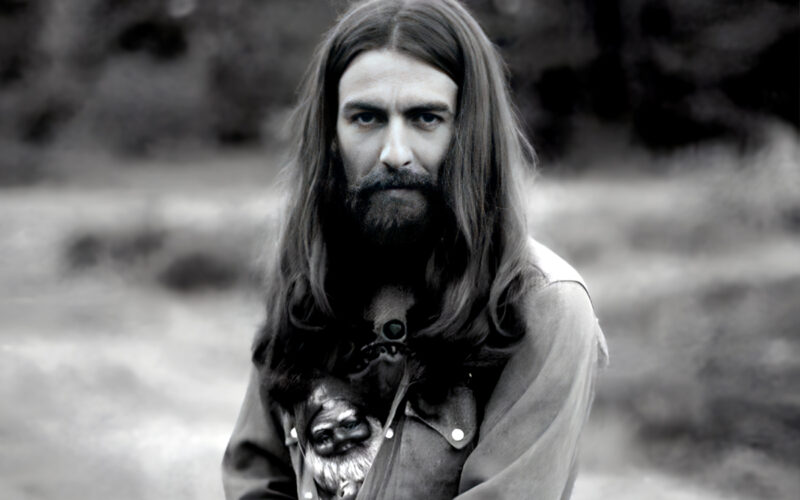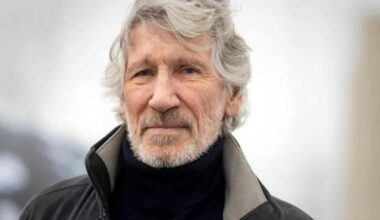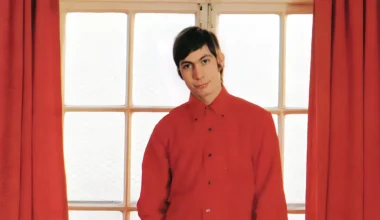Even over half a century down the line, when conducting one of the many post-mortem dissections of The Beatles, you could argue that their dynamic in the beginning was what eventually led to their downfall.
They moved as such a tight unit in those early years that when the pressure of the volcano finally erupted, it did so catastrophically, leaving only detritus and devastation in its wake.
While the break-up obviously took its toll on all members of the band in their own distinct ways, George Harrison was met with a particularly unique crossroads. Yes, of course, he would have mourned the mania that forever changed the course of his life. Still, after years of being shoved aside by the songwriting tyrants of John Lennon and Paul McCartney – and gaining the perhaps unfair reputation as the Quiet Beatle as a result – no one could begrudge him for seizing this newfound chance to shine.
This was why his solo debut All Things Must Pass followed in such quick and seemingly unashamed succession to Let It Be, with the corpse of The Beatles barely cold before he resurrected into the sonic landscape again in his own right, only six months later. In many ways, it was hardly surprising, given that Harrison had written much of the material for the record over the course of the band’s fractious final time period. But with one song in particular, the veil under which they had tried to mask these tensions suddenly became much more transparent.
Of course, Harrison was always a deeply spiritual man, the full extent of which became clear on All Things Must Pass with the likes of ‘My Sweet Lord’. However, when it came to his other ethereal offering, ‘Hear Me Lord’, the tone had shifted somewhat from peaceful prayer to a desperate seeking of repentance – so what exactly had caused this call to God? Well, the rest of the Fab Four had a lot to do with it.

Harrison had originally written the song in the early days of 1969, intending it for the use of the band. But as was the natural pecking order within the quartet, Lennon and McCartney simply weren’t interested, leading to one argument which was part of a regular slew at the time. The Quiet Beatle eventually admitted defeat, resigning himself with the comment, “Whatever it is that will please you, I’ll do it,” but clearly his spiritual awakening never strayed far from his mind.
That was why, when the chance arrived to take his own solo foray, ‘Hear Me Lord’ was an instant shoo-in for the track list, if nothing else, because it was the ultimate release of frustration for a boiling pot that had been bubbling for years on end now. Begging for his God to “forgive me”, “help me” and “hear me”, the song was, frankly, stark. It was rare to hear a rock star of this calibre pleading for his innocence, with sex, drugs, rock and roll – and cheating on his wife – having evidently caught up with Harrison.
But this extended far beyond him alone, with all his fellow Beatles arguably also guilty of a similar charge of crimes. Cumulatively, although ‘Hear Me Lord’ didn’t ultimately cut it as an effort worthy of the band, it was indisputably one of the most honest reckonings to the state of themselves and their pitfalls of flaws. Harrison, in all the spiritual being he was, used whatever power he had to beckon a God forward, praying for the forgiveness of their souls.
Whether this truly happened is up for interpretation depending on your spiritual persuasions, but given that the album shot to number one and granted Harrison a new lease of life, which cemented his fate for the rest of his life, you can probably say that if a God does exist somewhere, they took kindly to Harrison’s religious apology. Fame and fortune can change your life a lot, but when it came down to it, the Quiet Beatle’s ultimate satisfaction came from letting go of his sins.





